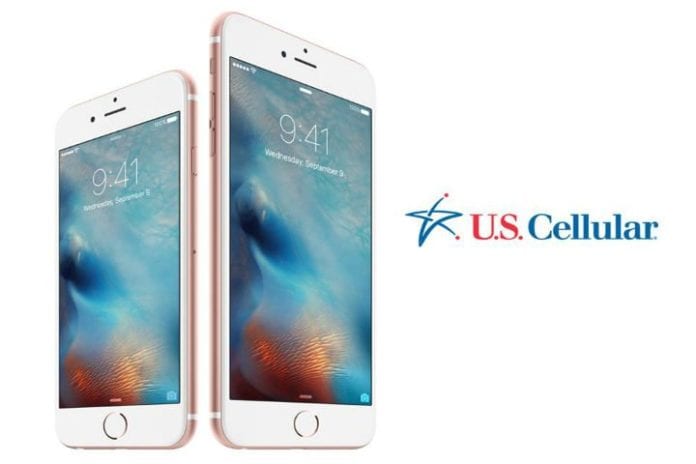US Cellular picked up millimeter wave licenses and is pressing for mid-band spectrum in ramp to 5G
On the US Cellular earnings call last week, President and CEO Ken Meyers described the company’s second quarter as “competitive, but slower than expected.” Despite the loss of 26,000 postpaid subscribers, US Cellular remains optimistic about the second half of the year and is positioning itself to launch 5G in 2020.
US Cellular’s service revenues grew 2% to $662 million as postpaid ARPU increased to $45.90 even with the decrease in subscribers. The growth was attributed to customers switching to higher priced plans and purchasing additional services like device protection plans. Inbound roaming revenues increased, as well, to $44 million, up 13% from the year prior driven by higher data volume.
Equipment sales decreased by $17 million or about 7% year over year to $216 million, and net income for the quarter was $90 million.
According to US Cellular CTO Michael Irizarry, the carrier is committed to a multi-year project to ready itself for a 2020 commercial 5G launch, beginning with deployments in the company’s largest markets. “The modernization project will use various technologies including 4×4 MIMO, License Assisted Access (LAA), 256 QAM and LTE-M to bring LTE Advanced features to our customers,” he said on the earnings call.
The company also acquired new licenses at recent millimeter wave auctions, giving it access to high-frequency spectrum required to deliver high speed and low latency capabilities of 5G to customers, providing at least 300 megahertz of spectrum in markets that serve 97% of its customer base. Meyers, however, did not pass up the opportunity to implore the FCC to bring as much mid-band spectrum to the market as soon as possible.
Meyers explained that while US Cellular is open to selling its towers should the need arise, the company intends to hold onto them for now, commenting, “We know they’re valuable, we appreciate that fact, but right now [the towers] remain valuable to our business in a different way.”
And for now, that “different way” is 5G. “As we work through our 5G strategy, our towers remain strategic to us,” Meyers concluded.

